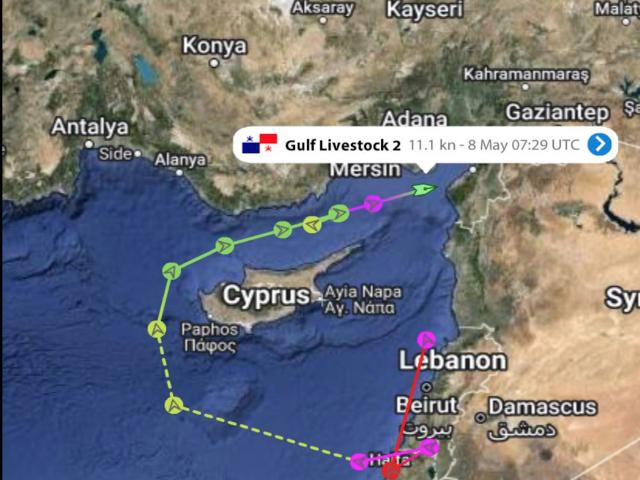In a dramatic turn of events, Turkey's Ministry of Trade has issued a sensational, albeit temporary, decree allowing certain factories in the construction industry to resume exports to Israel, marking a significant backtrack from the stringent export ban on 54 critical items that was enacted a month ago. This remarkable pivot was revealed to the Israeli business news agency "Globes" by sources privy to the dealings. The reversal came about after internal pressure from within Turkey pressured the government to allow trade to continue and highlights just how severe the economic situation is in a country that has moved away from secularism under the Islamist President Recep Tayyip Erdoğan.
This partial reversal is specifically granted to those factories that previously conducted business with Israel, signaling a selective easing of restrictions. This strategic move follows a high-tension meeting in Ankara where top brass from the Turkey-Israel Chamber of Commerce clashed with senior Turkish trade officials, voicing their strong objections to the harsh export embargo that had rocked the industry since its inception.
🚨🇹🇷 Turkey's Ministry of Trade sent letters to factories in the local construction industry and informed them of a 'temporary approval to resume supplies to Israel' pic.twitter.com/UdDQjc8iwR
— The Saviour (@stairwayto3dom) May 9, 2024
The insiders suggest that this softening stance by Turkey could be a reaction to the prolonged conflict between Israel and Hamas, with no ceasefire in sight. This shift indicates that Turkish President Recep Tayyip Erdoğan's initial attempt to dominate the geopolitical stage and bend Israel to his will has spectacularly faltered. Erdoğan has tried to display his feathers in the past, with his massive rally in support of Gaza after the Israeli ground operation began when he gave a blistering speech, threatening to send in Turkish troops to help Gaza. Some in Erdoğan's cabinet have even posted controversial social media posts depicting Turkish soldiers liberating the Temple Mount.
Amidst these unfolding events, it has also come to light that Israel is not sitting idle. The Israeli Ministries of Foreign Affairs and Economy are reportedly in a frenetic race to sever the nation's dependency on Turkish imports, a strategic pivot that speaks volumes about Israel's resolve to fortify its economic sovereignty.
🇹🇷 Although Turkey has announced the suspension of all trade with Israel, plenty of ships still import and export between the port of Israel and Turkey on a daily basis pic.twitter.com/6PmeRzcSEJ
— Alex Kennedy (@therealmindman) May 9, 2024
Moreover, the geopolitical landscape may be on the cusp of a significant reshuffle with the impending announcement of a tripartite summit involving Israel, Greece, and Cyprus. This summit, expected to be graced by the presence of Israeli Foreign Minister Israel Katz and Economy Minister Nir Barkat, aims to weave a tighter economic fabric between Israel and its Mediterranean allies, potentially sidelining Turkish interests in the process. This is a clear signal that Israel is strategically diversifying its alliances and strengthening ties with other regional players as a counterbalance to Turkish influence.


